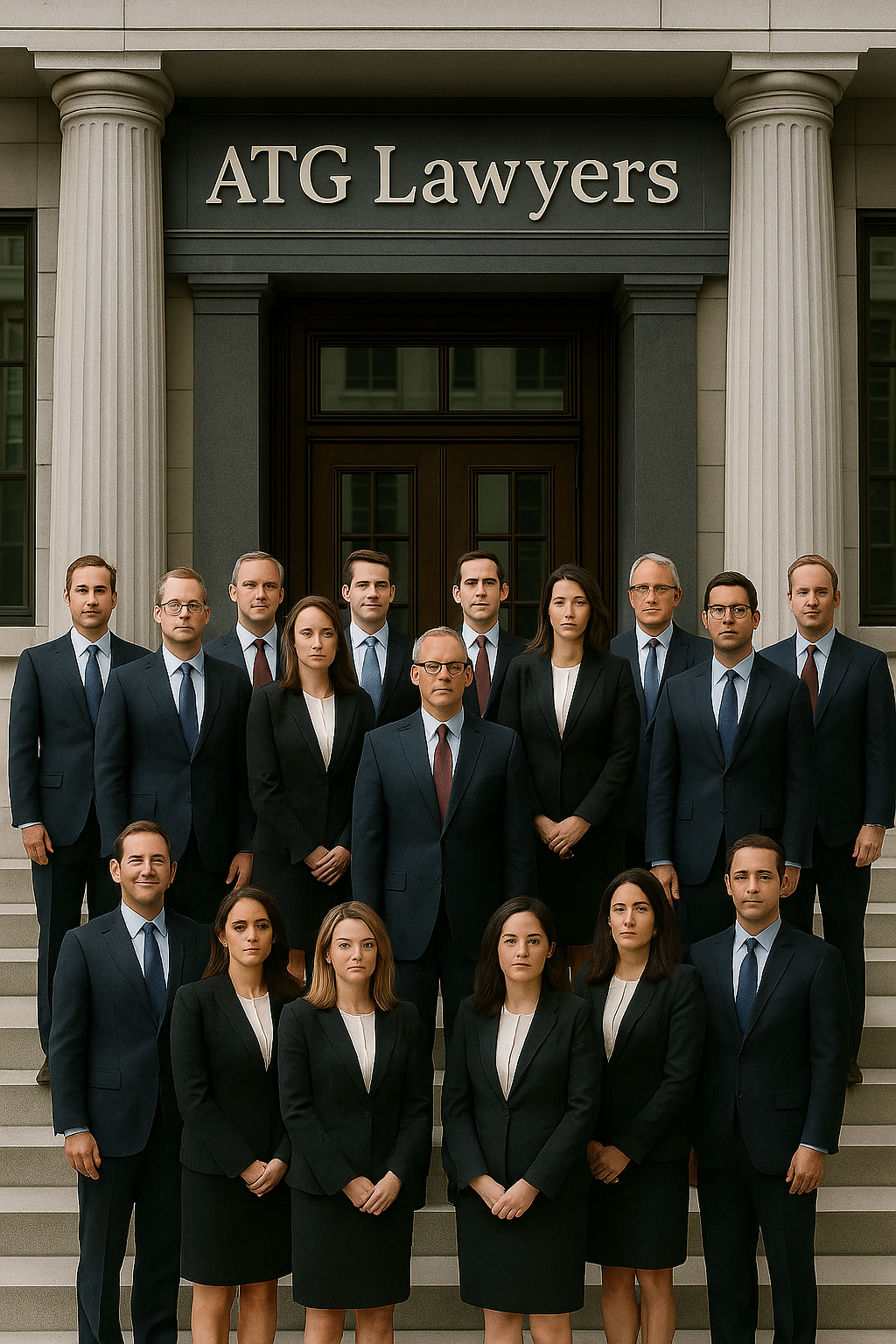Can you reduce my tax liability including penalties?
Yes. Our licensed tax professionals explore all available legal strategies to reduce your total liability—including abating penalties where possible through IRS-approved programs.
Can you negotiate a favorable payment plan for me?
Absolutely. We work directly with the IRS and state agencies to set up Installment Agreements, Offers in Compromise, and other flexible payment plans based on your financial situation.
Can you lower my debt without a full payment through an Offer in Compromise?
Yes. If you qualify, the IRS may accept less than the full amount owed, based on your ability to pay and financial hardship.
Do you offer a free consultation?
Yes, we offer a 100% free and confidential consultation to evaluate your case and explain your options—no strings attached.
Can you stop the IRS from garnishing my wages?
Yes. We act quickly to stop wage garnishments by contacting the IRS and negotiating a resolution or submitting a hardship or appeal on your behalf.
Can the IRS collect my tax debt forever?
No. The IRS generally has 10 years from the date of assessment to collect a tax debt, known as the Collection Statute Expiration Date (CSED). However, certain events—like bankruptcy or filing an appeal—can pause that 10-year clock.
What happens after the IRS statute of limitations expires?
Once the CSED passes, the IRS can no longer legally collect that debt. However, they may become more aggressive the closer your debt is to expiration, so it’s important to have a tax professional monitor your case carefully.
Can you stop bank levies or property liens?
Yes. We can negotiate with the IRS to release or prevent bank levies and remove liens if you qualify for certain relief programs.
Can I get back an old tax refund I forgot to claim?
Only if it's within three years of the original filing deadline. After that, the IRS won't issue a refund—even if you were entitled to one.
How long does the IRS have to audit my tax return?
The IRS typically has 3 years from your tax filing deadline to complete an audit. In cases of suspected fraud, however, they may have more time.
Can I avoid penalties if I made a mistake on my return?
In some cases, yes. The IRS may remove penalties if you can show reasonable cause or qualify for First Time Penalty Abatement.
Will you represent me during an IRS audit?
Yes. Our licensed professionals can handle all communication with the IRS and represent you during the entire audit process.
What is the Currently Not Collectible (CNC) status?
This status temporarily stops IRS collections if you can prove financial hardship. While it doesn’t erase your debt, it can pause aggressive actions like levies and wage garnishments.
How do I qualify for CNC status with the IRS?
You must show that you can’t pay your tax debt without risking essential living expenses. The IRS considers your income, expenses, number of dependents, and even the cost of living in your county.
How long can I stay on CNC status?
Usually, the IRS reviews your financial situation every 2 years. If your hardship continues, you may remain in CNC status—but if your income rises, you could be removed from the program.
Can CNC stop interest from building on my debt?
No. Interest continues to accrue while in CNC, but it prevents active collection actions like garnishments and levies.


